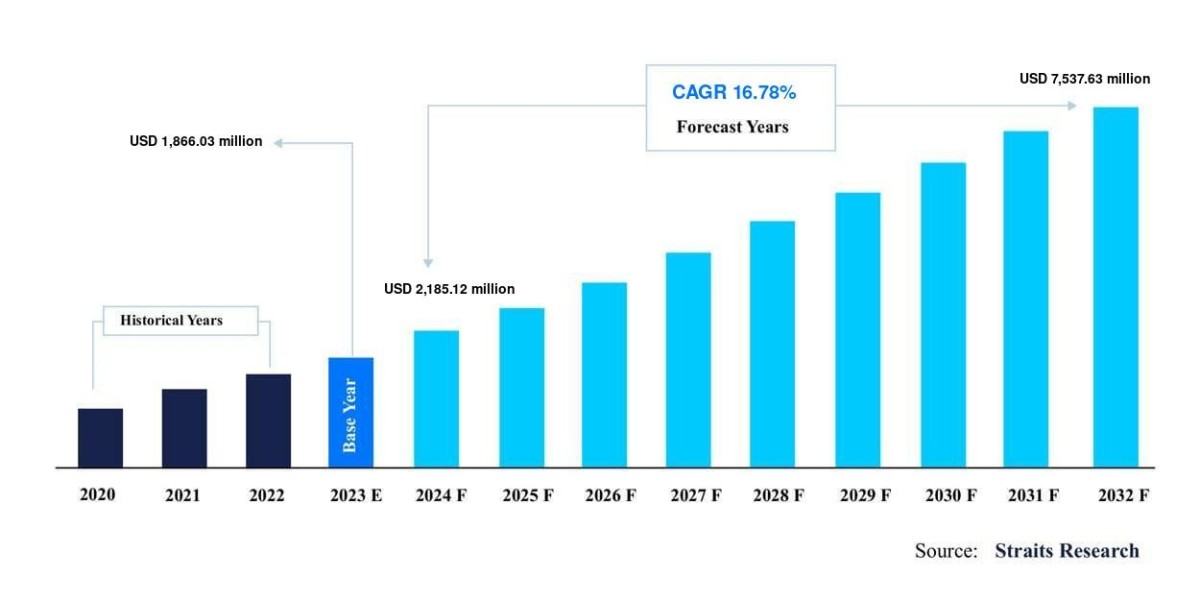Samarkand State Medical University, one of the premier medical institutions in Uzbekistan, has earned a reputation for excellence in medical education. But what truly sets this university apart is its commitment to innovation in training the next generation of healthcare professionals. In an ever-evolving medical field, Samarkand State Medical University is ensuring that its students are not only well-versed in current medical practices but are also equipped with the tools to adapt to future healthcare challenges.
Innovation in medical training is no longer just a luxury—it’s a necessity. The integration of modern technology, research, and a focus on holistic learning is transforming how medical students learn, develop, and ultimately practice medicine. So, how does Samarkand State Medical University stay ahead of the curve in this field? Let’s explore the key aspects that make its training programs so innovative.
A Legacy of Excellence in Medical Education
Founded in 1930, Samarkand State Medical University has a long history of educating some of the region’s most talented healthcare professionals. Over the decades, the university has adapted to meet the ever-changing needs of the medical world. Its graduates work in top hospitals and research institutions globally, contributing to its growing reputation.
The university's mission has always been clear: to provide students with a world-class medical education while pushing the boundaries of traditional teaching methods. By consistently seeking to innovate, it has managed to maintain its status as a leading institution for medical education.
The Role of Innovation in Modern Medical Training
The medical field is rapidly changing, with advancements in technology and research reshaping how healthcare is delivered. For future doctors, staying up-to-date with the latest techniques and tools is vital. This is why Samarkand State Medical University places a strong emphasis on innovation.
The traditional classroom model is evolving into a dynamic learning environment where students can access virtual labs, practice procedures using advanced simulations, and collaborate with international experts. The goal? To produce highly skilled doctors who are both technically proficient and capable of adapting to the healthcare innovations of tomorrow.
Cutting-Edge Technology in Medical Training
One of the most exciting aspects of the university’s approach to medical education is the incorporation of technology.
Simulation-Based Learning
Medical simulators allow students to practice complex procedures in a risk-free environment. These high-fidelity mannequins simulate real-life medical scenarios, from heart attacks to childbirth, giving students a hands-on experience that is as close to real life as possible.
Virtual Reality (VR) and Augmented Reality (AR)
VR and AR are becoming game changers in medical training. At Samarkand State Medical University, students can use these technologies to explore human anatomy, practice surgeries, and even diagnose virtual patients. This immersive approach helps them learn at their own pace, enhancing both retention and understanding of difficult concepts.
Artificial Intelligence (AI) in Diagnostics
AI is revolutionizing how diagnoses are made, and Samarkand is embracing it fully. By using AI tools, students can study real-world case data, learn how to interpret complex diagnostic results, and explore treatment options—all while receiving real-time feedback on their decisions.
Research-Driven Education
At the heart of Samarkand State Medical University’s curriculum is a strong focus on research. Students are encouraged to engage in research from the early stages of their medical education. Whether it’s studying new treatment methodologies or participating in groundbreaking studies, research is woven into the very fabric of their learning experience.
By promoting a culture of inquiry, the university ensures that its students are not only consumers of knowledge but also contributors to the advancement of medical science.
Clinical Skills Development through Practical Experience
Hands-on experience is vital for any medical student. Samarkand State Medical University partners with leading hospitals and healthcare institutions to ensure students get the practical training they need. Through these collaborations, students engage in clinical rotations, gaining valuable experience in various medical disciplines and refining their clinical skills.
Global Collaboration and Exchange Programs
In today’s globalized world, healthcare professionals need to be able to work across borders. Samarkand State Medical University recognizes this and has built partnerships with renowned medical institutions around the world. These collaborations allow for student exchanges, joint research initiatives, and the sharing of best practices.
For students, these exchange programs are invaluable, offering them the chance to gain exposure to international medical systems and broaden their perspectives.
Personalized Learning Paths
Understanding that every student has unique strengths and interests, Samarkand State Medical University offers personalized learning paths. This flexibility allows students to focus on specific areas of interest, whether that be surgery, internal medicine, or medical research. Self-directed learning is highly encouraged, with faculty members serving as mentors to guide students along their chosen path.
Interdisciplinary Approach to Medicine
Medical professionals today must collaborate across disciplines to provide comprehensive care. Samarkand State Medical University’s curriculum integrates subjects like biochemistry, pharmacology, and medical ethics, encouraging students to think holistically about patient care. This interdisciplinary approach fosters a deeper understanding of the complexities of healthcare.
Developing Soft Skills in Healthcare
While technical expertise is critical, so are soft skills like communication, empathy, and leadership. Samarkand State Medical University places significant emphasis on training students to be compassionate healthcare providers. Courses in patient communication, ethical decision-making, and teamwork help students build the interpersonal skills necessary for a successful medical career.
Focus on Preventive Medicine and Public Health
In an era where chronic diseases and public health crises dominate the healthcare landscape, the university is placing a renewed focus on preventive medicine. Students are trained in community-based healthcare strategies, learning how to design and implement public health programs aimed at preventing illness and promoting wellness.
Continuous Professional Development and Lifelong Learning
Learning doesn’t stop after graduation. Samarkand State Medical University offers a range of postgraduate programs and specialization courses to ensure that doctors continue to refine their skills throughout their careers. With the rise of online learning platforms, the university has made it easier for doctors to engage in continuous professional development, ensuring they stay at the forefront of their field.
Student-Centered Support Systems
The university is deeply committed to the well-being of its students. From mental health support to peer mentoring programs, Siberian State Medical University provides a nurturing environment for students to thrive. It’s not just about academic success but ensuring that students are supported emotionally and mentally throughout their medical journey.
Challenges and Future Prospects
Innovation in medical education doesn’t come without challenges. Funding, faculty training, and resistance to change can be obstacles. However, Samarkand State Medical University is committed to overcoming these challenges by continuously investing in its infrastructure and fostering a culture that embraces innovation.
Looking ahead, the university plans to further expand its technological capabilities, deepen its research programs, and continue building partnerships with global healthcare leaders.
Conclusion
Innovative medical training is essential for preparing the healthcare professionals of tomorrow, and Samarkand State Medical University is leading the charge. By embracing technology, encouraging research, and fostering a holistic, patient-centered approach to education, the university is equipping its students with the skills they need to thrive in an increasingly complex medical landscape.
FAQs
What are the main areas of innovation at Samarkand State Medical University?
- The university focuses on simulation-based learning, AI integration, VR/AR applications, and research-driven education.
How does the university prepare students for global medical practice?
- Through international partnerships, exchange programs, and a globally-relevant curriculum, students are equipped to work in diverse healthcare systems.
What technological advancements are used in the curriculum?
- Technologies like virtual reality, augmented reality, artificial intelligence, and medical simulators are widely used in the training process.
How can students get involved in research at the university?
- Research is integrated into the curriculum from the start, and students are encouraged to participate in various research projects and initiatives.
What opportunities are there for international students?
- Samarkand State Medical University offers robust support for international students, including exchange programs, specialized training, and cultural immersion experiences.








